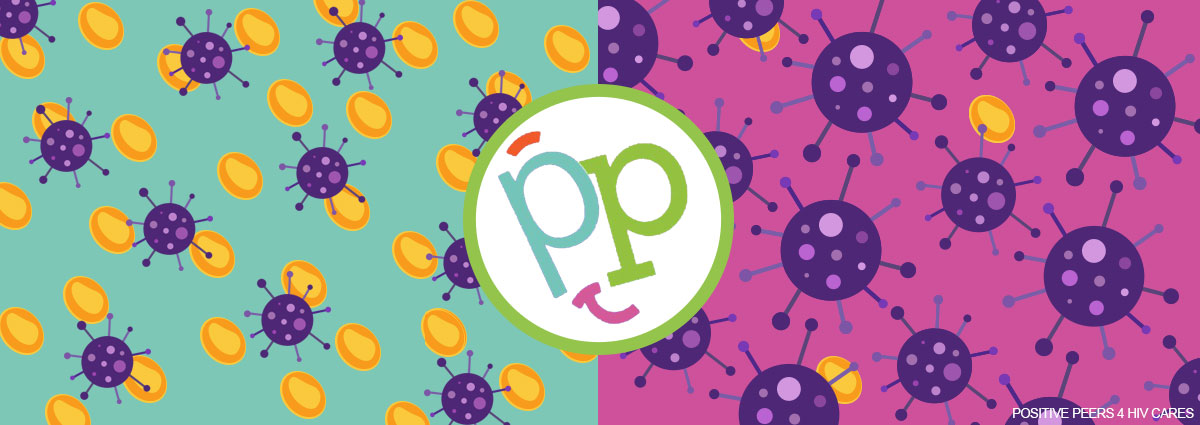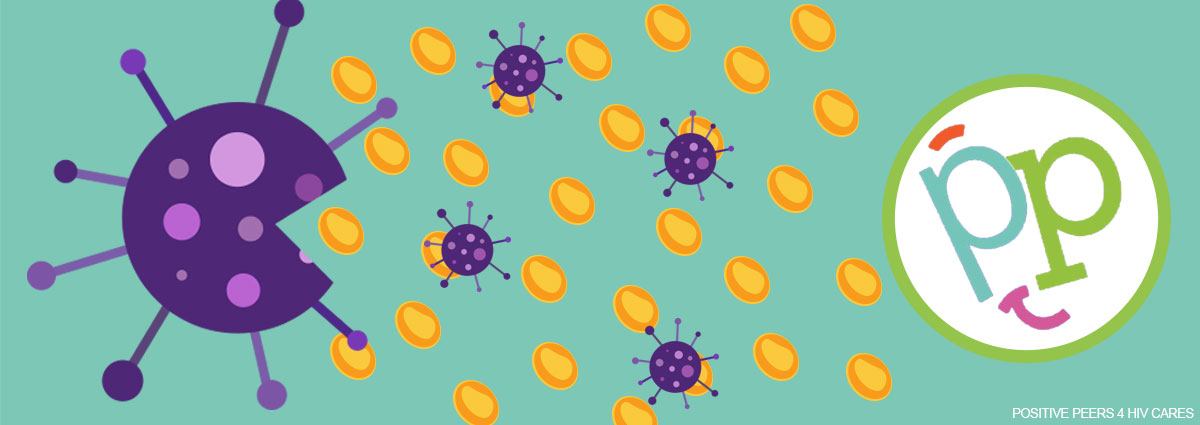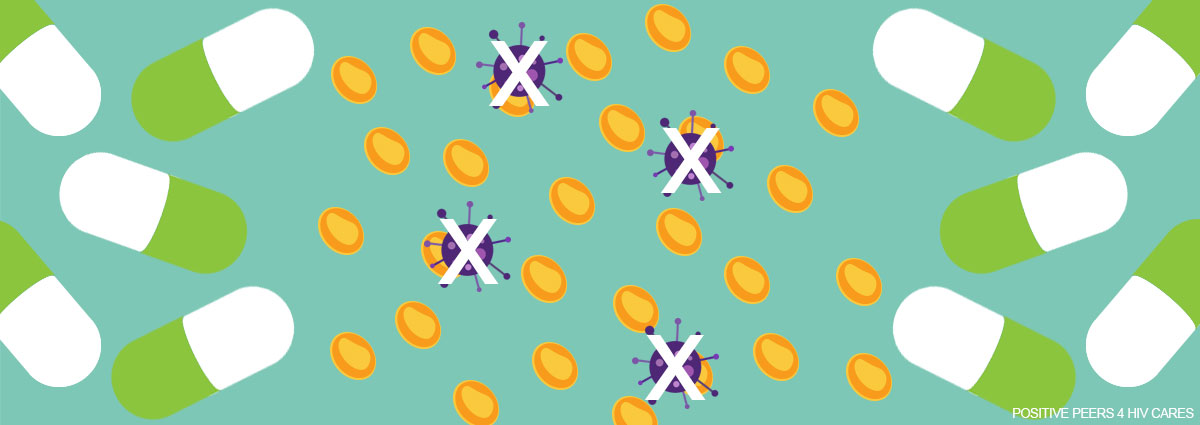HIV and AIDS are not the same thing. Not even close.
AIDS is what happens after HIV goes unchecked and ruins your immune system.
So, HIV always comes before AIDS. But HIV doesn’t always turn into AIDS.
Say what?
OK let’s clear this up.

By: Ann K. Avery, MD, Infectious Disease Physician at MetroHealth Medical Center
HIV is a virus, not a condition
AIDS is a condition, not a virus
The letters HIV stand for human immunodeficiency virus. “Human” means the virus attacks people rather than cats or birds. “Immunodeficiency” means the virus weakens the human immune system. And it’s a virus, which behaves differently than bacteria or fungus or other things that make people sick.
HIV attacks one of our natural defenses against disease, the CD4 cell. If left untreated, HIV will eventually kill off so many CD4 cells that someone will become infected by certain other diseases.
When someone with HIV has at least one of those certain diseases, called “opportunistic infections,” or a CD4 count of 200 or less, they get diagnosed with AIDS.
AIDS means “acquired immunodeficiency syndrome.”
It looks like scientific mumbo jumbo, but it’s actually really simple. AIDS is not some outside virus like HIV, you can’t “catch AIDS.” AIDS is just the medical name for the condition someone is in when HIV has seriously damaged their immune system and they are getting badly sick.
If you have AIDS, it means you’ve had untreated HIV long enough to do some serious damage. It’s a bad condition to be in, but it doesn't mean you’ve lost all hope. It does mean you should get back into care and start getting treated ASAP.

It all makes sense if you understand how HIV works
When HIV gets into the bloodstream, it starts hijacking and killing a specific kind of immune cell called the CD4. Doctors can do a test that gives us a “CD4 count” — the higher the better. A normal CD4 count is about 500 to 1,500.
If left untreated, HIV will eventually kill so many CD4 cells that the CD4 count falls to 200 or below.
At that point, the body has lost so many immune cells that it starts suffering “opportunistic infections.” These are infections a healthy body fights off without too much trouble.
It takes a long time for HIV to do all that damage, sometimes a full decade or longer, but everyone is different. Some people can progress to AIDS only few years after getting infected with HIV.
Come join our private, stigma-free, supportive community.
Health management tools with medication & appointment reminders.
Social networking in a community conversation & private chats.

How HIV meds prevent AIDS
HIV meds are designed to protect your CD4 cells from attacks by HIV. The meds work so well that a person’s viral load can be undetectable. That means there is very little virus left in the body and that they’re very healthy.
If you’re HIV positive and you stay on your meds every day exactly as instructed, you’ll probably be one of those healthy people who live a long and productive life. Oh, and if you’re consistently undetectable, you can’t accidentally transmit the virus to someone else. Cool right?
But if you stop taking your meds, the HIV in your body has a chance to mutate and come back much more powerful than it was before. And that can make it harder for doctors to treat your infection.
Bottom line: If you’re living with HIV, do your best to stay on your meds and consider doing healthy things for yourself like joining a local kickball league, eating healthy, and spending time with close friends and family. You could even join our app!
If you’re HIV negative, consider doing things to lower your risk of becoming infected. Prep, condoms, reducing the number of partners you have, using more lube, only doing oral sex, and getting tested every 3-6 months…these are all ways you can reduce your risk for HIV. If you use injection drugs, avoiding contaminated needles is a good way to reduce your risk too.
Related Blogs:


